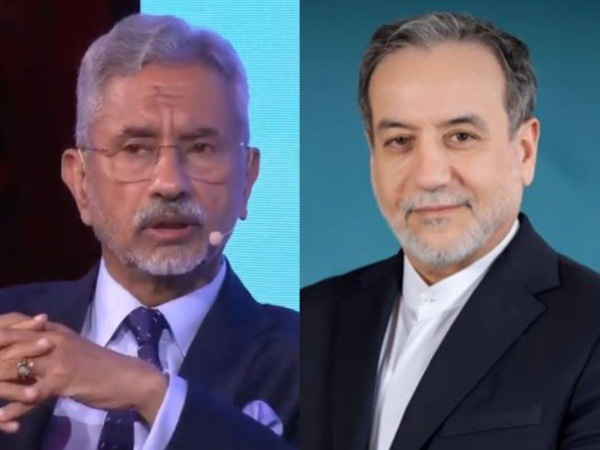Mental health of women in Afghanistan "very weak": Report
Mar 21, 2024

Kabul [Afghanistan], March 21 : The United Nations Assistance Mission in Afghanistan (UNAMA) and the Special Inspector General for Afghanistan Reconstruction (SIGAR) in their latest report called the mental health of women in Afghanistan "very weak." They said that 76 per cent of women consider their mental health as "very poor" or "poor," Afghanistan-based Khaama Press reported.
According to SIGAR, early marriages, domestic violence and restrictions on education and employment in Afghanistan have increased rates of depression, stress, and aggression among women.
Based on the report by the Special Inspector General for Afghanistan Reconstruction, women participating in this survey spoke about loneliness, social withdrawal, low self-esteem, anxiety, stress, and aggression and termed their situation "very poor," Khaama Press reported.
Recently, the United Nations Women, UNAMA, and the International Organisation for Migration (IOM) published a joint report indicating that feelings of anxiety, isolation, and depression among women have witnessed a rise of nearly 70 per cent between April and June of 2023.
For the report, nearly 600 women from 22 provinces of Afghanistan were interviewed online, face-to-face, and through group counselling sessions and individual surveys, Khaama Press reported.
According to the joint report, the women who were interviewed spoke about mental health issues and pressures like depression, fear, isolation, insomnia, depression, hopelessness and suicidal thoughts.
Previously, UNAMA had spoken on issues like child labour, domestic violence, illegal migration, early marriage and child labour and stressed that these issues have emerged due to poverty and educational restrictions for girls, according to the report. These warnings come at a time when similar reports have highlighted the worsening situation of women's mental health in Afghanistan.
Earlier this month, the Special Representative of the Secretary-General of the United Nations and Head of the UN Deputy Mission in Afghanistan, Roza Otenbayeva, highlighted the growing risk that prohibitions on women would drive Afghanistan even deeper into poverty and isolation, Khaama Press reported.
The head of the UN Deputy Mission in Afghanistan urged the Taliban to abolish the restrictions placed on women and girls as the world observes International Women's Solidarity Day on March 8. Otenbayeva regrets seeing in Afghanistan a "disastrous negative investment" rather than investing in women, which causes serious harm to women and girls and impedes peace and prosperity, according to a statement released by UNAMA.
In its statement, UNAMA also highlighted Afghan women's appeal for international solidarity in their advocacy, guarantees women's active involvement and representation in all talks about Afghanistan's future, and uphold foreign aid that specifically benefits women, reported Khaama Press.
In addition to these pressing appeals, Afghanistan is experiencing severe humanitarian problems that are made worse by political unrest and violence, which increases the vulnerability of women and girls.The dire need for swift action to alleviate the situation of women and girls--who are disproportionately impacted by the conflict and socioeconomic limitations--is highlighted by the global leaders.
Despite the Taliban's initial promise to take a moderate approach towards women's rights after it seized power in August 2021, the ban on higher education is just one of many steps that the armed group has taken to further segregate the country and limit women's role in society.
In the immediate aftermath of August 2021, the Taliban banned girls from going to school beyond the sixth grade and imposed strict rules requiring women to wear hijabs and to travel only with a male chaperone.


















